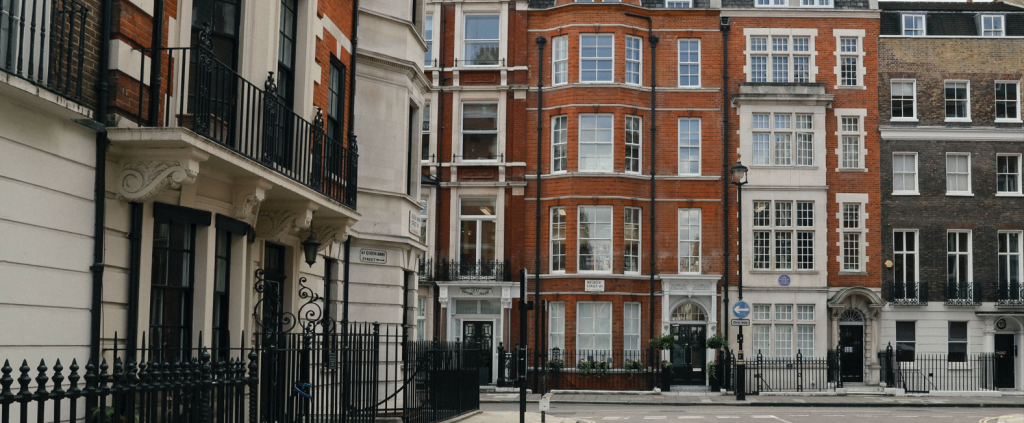Roof Replacements: Repairs or Improvements?

As winter sets in, property owners often face unwelcome surprises like leaks that escalate into major structural concerns. One of the most significant expenses that may arise is a roof replacement. Given the substantial cost involved, it’s essential to ensure this expense is categorized and utilized appropriately. This distinction matters because not all expenditures are treated equally for tax purposes. Understanding whether a roof replacement qualifies as a repair or an improvement is key to managing your property portfolio effectively.
Repairs vs. Improvements: What’s the Difference?
When it comes to tax rules, expenditures are typically classified into two categories: revenue expenditure and capital expenditure.
- Revenue Expenditure: These costs can be deducted when calculating your taxable profits, making them more straightforward and immediately beneficial in terms of reducing your tax liability. Repairs generally fall into this category.
- Capital Expenditure: These are investments that improve or enhance the value of an asset, like a property. They often involve more complex tax treatment, potentially affecting allowances or deductions over time.
The challenge is determining whether your roof replacement qualifies as a repair or an improvement. This classification will significantly impact how the expense is handled for tax purposes.
HMRC defines a repair as “the restoration of an asset by replacing subsidiary parts of the whole asset.” For property income, this means that restoring a part of your property, like a roof, to its original condition without significantly altering its structure or functionality is considered a repair. In such cases, the cost is treated as revenue expenditure and can be deducted from your profits for tax purposes.
For example:
- Replacing an old roof using materials and techniques similar to the original construction (e.g., wooden beams replaced with wooden beams) would likely qualify as a repair.
- This type of work simply restores the property to its previous state, fulfilling HMRC’s criteria for a repair.
When Does a Roof Replacement Become an Improvement?
Not all roof replacements qualify as repairs. If the new roof represents a significant upgrade or enhancement compared to the original, it is classified as a capital improvement. These costs cannot be immediately deducted and instead may contribute to the property’s overall value or be subject to capital allowances.
For instance:
- Replacing an old wooden-beam roof with a modern steel-girder structure introduces a significant structural improvement. This increases the property’s durability or value and therefore qualifies as capital expenditure.
- Similarly, upgrading to more energy-efficient materials or adding features that weren’t present in the original roof may also classify the work as an improvement.
Understanding whether your roof replacement is a repair or an improvement has tangible financial implications. Repairs allow for immediate tax relief, making them more attractive in the short term. Improvements, while not offering immediate tax deductions, could enhance the property’s value over time.
For property owners, especially those managing portfolios, staying informed about these distinctions helps in financial planning and compliance with tax regulations. If you’re uncertain, consulting with a tax advisor or property specialist can ensure your expenses are accurately classified and your tax filings are in order.
A roof replacement may not be the most exciting way to spend your money, but understanding whether it counts as a repair or an improvement can make a big difference to your bottom line. By ensuring that your expenses are classified correctly, you can maximize tax efficiency and protect the value of your property portfolio.
If you’re facing a roof replacement this winter, it’s worth taking the time to evaluate the scope of the work. A well-informed approach could save you significant time and money in the long run.

Here at PJCO we have a specialist property department, and if you need assistance starting your BTL journey, please feel free to book a free discovery call using the link below!
Please get in touch on 01273 441187 or book a discovery call with one of our expert accountants.
Contact

You May Also Like…







